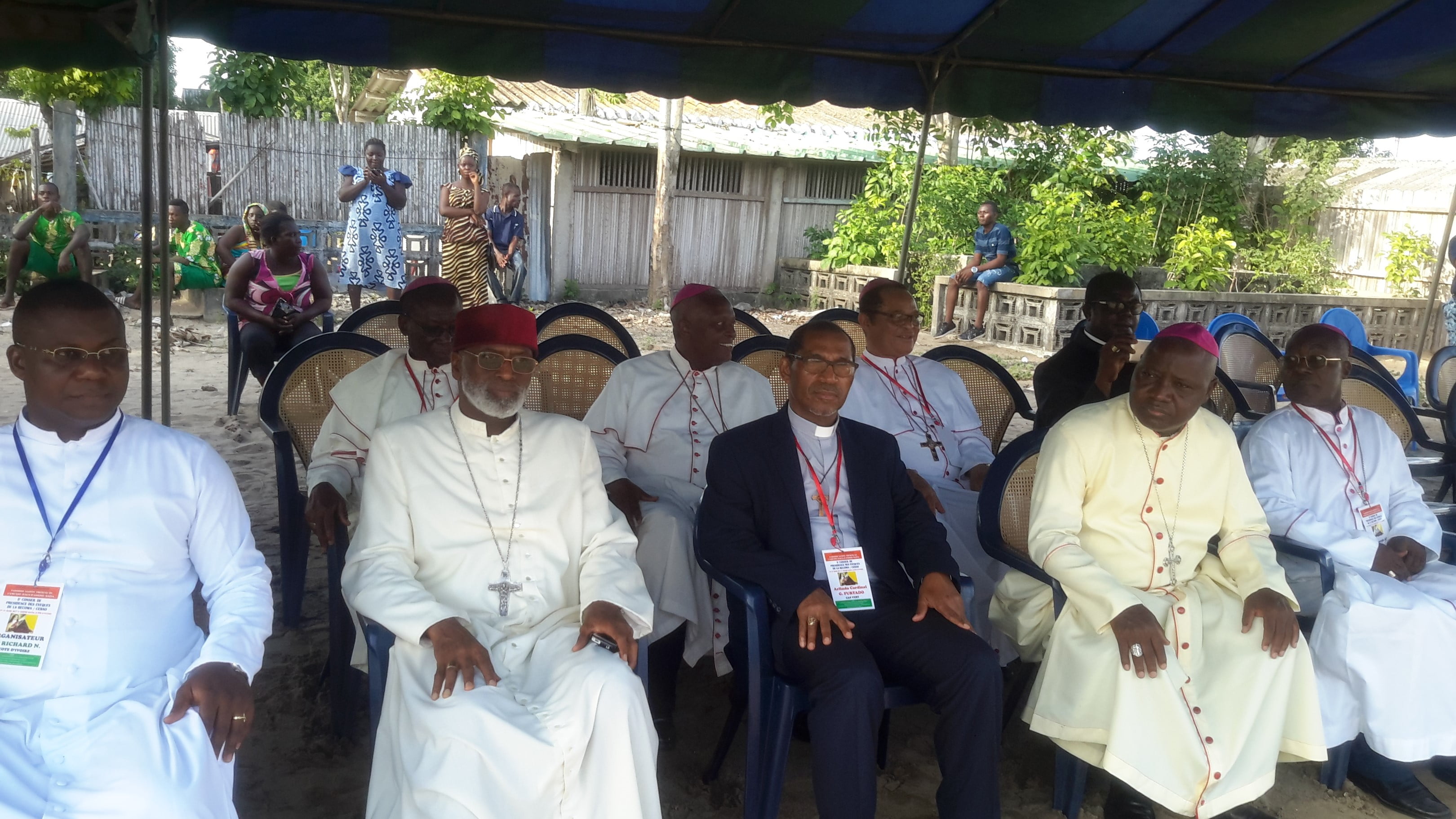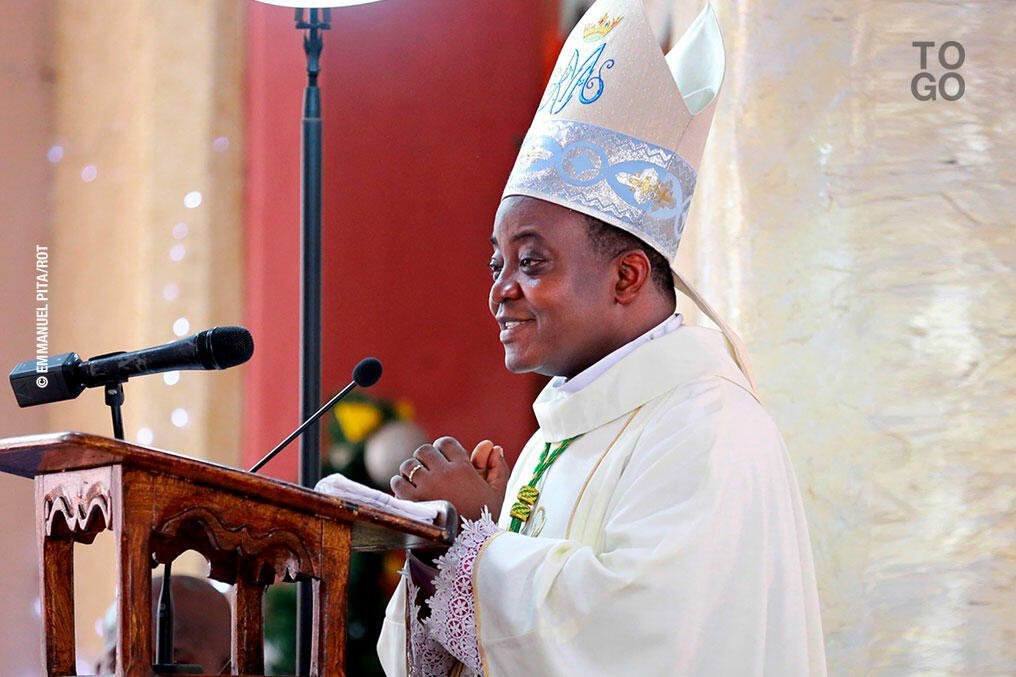- To foster and maintain good relations among the Bishops of the region and their Episcopal Conferences “in order to promote and safeguard their higher welfare” (Vatican II, Christus Dominus 38, 5; canon 459 § 1)
- To establish fraternal and useful relations between the Episcopal Conferences through their respective Secretariats, amongst others, by:
- Communicating the principal decisions, especially in pastoral life and action,
- Sending texts or reports of the decisions of the National/Interteritorial Conferences or the Acts and documents issued by the Bishops either individually or collectively,
- Reporting the various apostolic activities proposed by the Episcopal Conference which could be of use in similar circumstances,
- Proposing for study questions which, in our times and in particular circumstances, are of great importance,
- Indicating the dangers gaining ground in their own country that may also creep into other nations, so that suitable means can be taken in good time to prevent, remove or confine them. (cf. Motu Proprio “Ecclesiae Sanctae” 41.5).
- To serve as the coordinating organ for studies of common interest and for forms of collaboration with the Episcopal Conferences and with other bodies (cf. MotuProprio “Ecclesiae Sanctae” 41.5).
- To serve as an organ of liaison so urgently needed for the Church in West Africa to address urgent matters like the proclamation of the Catholic Faith, inter-religious dialogue, inculturation, justice, development and peace.
- To maintain relationships with other Associations of Episcopal Conferences and the Symposium of Episcopal Conferences of Africa and Madagascar (SECAM).
- To promote the life and ministry of the Clergy, Consecrated Persons and the Lay Faithful and to foster relationships with their different groupings in West Africa.
- CATECHIST MURDERED IN BURKINA FASO - April 25, 2024
- ARCHBISHOP GÄNSWEIN, GERMANY’S CONTROVERSIAL CATHOLIC PRELATE - April 24, 2024
- A GLANCE ON THE FEAST OF ST. GEORGE - April 23, 2024







